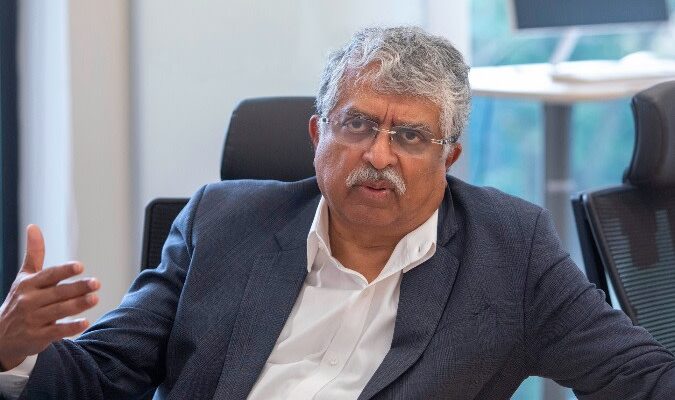Receive free US-China relations updates
We’ll send you a myFT Daily Digest email rounding up the latest US-China relations news every morning.
US officials have asked Taiwan to clarify the presidential front-runner’s contentious remarks about White House visits, highlighting doubts over his approach to relations with China if he secures victory in January’s poll.
Lai Ching-te, the vice-president and presidential candidate for the ruling Democratic Progressive party in next year’s election, said at a recent campaign event that “when Taiwan’s president can enter the White House, the political goal that we’re pursuing will have been achieved”.
Top Taiwanese officials are not allowed to make official visits to Washington, as part of the equation that has guided US policy on Beijing and Taipei since 1979. Under its “one China” policy, the US recognises Beijing as the sole government of China and acknowledges — without endorsing — the Chinese view that Taiwan is part of China. The Biden administration has made it easier for officials to meet their Taiwanese counterparts but does not allow top officials to visit Washington.
Lai’s comments prompted the US administration to seek an explanation, according to eight people in Washington and Taipei briefed on the situation.
One senior Taiwanese official said the US Department of State saw Lai’s remarks as divergent from the prudent approach on cross-Strait relations taken by President Tsai Ing-wen. “They considered it as something very different from what we have been saying and asked if . . . Lai will be coming out with more surprises,” he said.
During the administration of Chen Shui-bian, Taiwan president from 2000 to 2008, Washington’s trust in Taipei eroded as he frequently made unexpected moves and statements without any co-ordination with Washington.
Dennis Wilder, a former White House China official, said the administration was “very anxious” about Lai and wanted “to head off a Chen Shui-bian type situation”. But he said it was hamstrung because any public rebuke could spark support for Taiwan from Congress. “What can they actually use for leverage with a politician like Lai?”
Lai is coming under more scrutiny for signs of how he will handle relations with the US and China, particularly as concerns mount about increasingly assertive Chinese military activity around Taiwan.
Jude Blanchette, a China expert at the Center for Strategic and International Studies think-tank, said Lai’s comments were “super unhelpful” and reinforced concerns among some experts in Washington about his foreign policy acumen.
When Lai met supporters on July 10, a campaigner described the upcoming election as a choice between Zhongnanhai, the seat of Chinese Communist party leaders, and the White House, and said Lai was the only candidate who was “walking towards the White House”.
Lai picked up on that phrase as an analogy for Taiwan aligning itself with the US rather than China, but then complained that Taiwanese presidents were not received at the White House in the same way as other heads of state.
“The way it was phrased certainly wasn’t ideal, and it has caused some misunderstandings,” said one aide. “But [ . . . ] his point was the choice between the US and China.”
Vincent Chao, a Lai spokesperson, said the vice-president had “always been clear about the importance of Taiwan’s international partnerships” including with the US.
Two Taiwanese government officials familiar with the situation said Washington had “inquired” about the remarks but there were no serious concerns and the issue had now been resolved.
A senior US official said the White House had “not been in touch with Lai, his campaign, or his staff” including on the comments. He declined to say if other parts of the administration had raised concerns with Taipei and said the administration would not comment on Lai’s remarks.
Some US officials believe Lai will be more measured over time, but others say that the administration needs to send a message about loose language. But Washington has to take a delicate approach because it does not want to appear to influence the outcome of Taiwan’s election.
“The administration has to be crystal clear with candidates in Taiwan about US interests and red lines while also demonstrating that the US is not favouring any party in Taiwan’s democratic election,” said Zack Cooper, an Asia expert at the American Enterprise Institute. “We will see the administration engage privately with candidates when they have concerns, rather than airing them in public.”
One person said the request for clarification sent an important signal to Beijing that the US was upholding the “one China” policy and that it could “help stabilise an increasingly dangerous situation”.
Liu Pengyu, the Chinese embassy spokesperson in Washington, said Lai’s comment “reveals the DPP seeking to solicit US support for ‘Taiwan independence’ and Lai Ching-te as a true Taiwan independence separatist”.
Follow Demetri Sevastopulo and Kathrin Hille on Twitter


